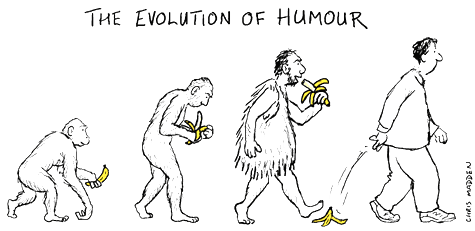| By: Paul S. Cilwa | Page Views: 3908 | ||
| How our choice of words helps form, limit, support and expand our world view. | |||
When we coin words to describe experiences for which words previously did not exist, we open up the possibility of that experience to others.
The ability to communicate anything involves language. In its original form the
word language
meant to communicate by use of the tongue (lingua) or
speech. The concept of language evolved to include any voiced or written communication.
Today this has extended to include any kind of communication, including body language,
sign language, and even computer languages, in which Humans communicate data and
instructions to machines and get useful reults in return.

In the Western world, our modern languages are alphabetic—we place meaning in symbols, which we call letters. We define these letters by their various uses, generally representing sounds. The combination of these letters produce complex sounds we call words.
In the ancient world, and in many Eastern languages, single symbols are used to
represent entire words. Yet, even there, the symbols are often built up of components
that, themselves, have meaning. So we can say that, in all modern languages, words can be
broken into meaningful components, and the meaning of these components colors the meaning
of the resulting word. This is what we mean by the continuum of a word.
Since language began as sounds that mimicked natural sounds, when we create combined
sounds or tones to represent an idea, concept or tangible object, we are adding more
information and experience into our lives. These sounds, these words, incorporate colors,
shadings and connotations that make their meanings even more full. We can even create new
words from the root meanings of known, accepted words. We flavor and texturize our
perception of the world by our choice of words. For example, lime-green,
velvety-soft
or red-hot
express more than just colors; they imply
an experience as well. It's been shown that in languages that do not include
green
as a distinct color, speakers of that language do not perceive green
as a distinct color band in the rainbow. It is clear, then, that words are not only our
way of describing the world we experience; they also contribute to our experience
of the world. As we extend our vocabularies, then, our ability to experience is enhanced.
And, when we coin words to describe experiences for which words previously did not exist,
we open up the possibility of that experience to others.

Could this be what the Bible meant by, God said, Let there be light,
and
there was light? That, by giving the experience of Light a name, it became possible
for God's creations to have that experience?
In any society, as words evolve, they develop different shades of meaning, depending on
the person using them. This has led to a particularly interesting state of affairs
regarding scientific terms. The scientists who invented these terms use them in very specific,
well-defined ways. But many of these terms—words like energy
,
field
, dimension
, plane
—have been appropriated by
the metaphysical community where they have been given meanings quite unlike those
originally intended. This isn't a problem when a conversation is being held among
scientists, or among metaphysicians; but when the conversation is being held in a mixed
group, unintended confusion may result. And, this becomes an issue, because ONA
integrates physics and metaphysics—both groups are expected to benefit from this information.
Therefore, as they occur, we will define or redefine various words. This is to ensure clarity. We want to be understood and we are really looking to assist you, the reader, in comprehending what these pages are saying. In other words, let's speak the same language. That will make these pages an experience of joy.




